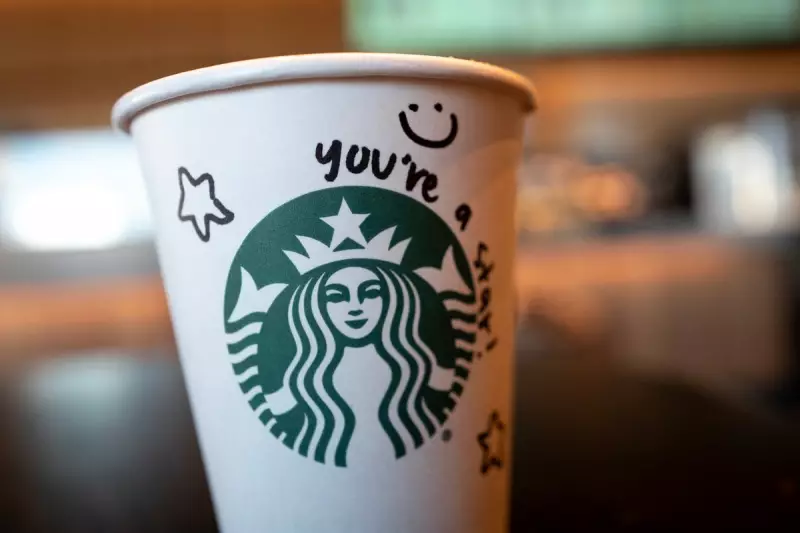
Global coffee chain Starbucks is facing a significant legal challenge in the UK, with a wave of employment tribunals alleging its corporate dress code is discriminatory and infringes on workers' rights.
Multiple claims have been filed against the company by current and former employees who argue that strict policies regarding visible tattoos and facial piercings are unfair and disproportionately target younger staff members. The cases suggest these rules violate the Human Rights Act 1998, specifically Article 8, which protects the right to private life and personal expression.
The Heart of the Controversy
At the core of the dispute is the enforcement of a blanket ban on certain forms of self-expression. Employees contend that being forced to cover tattoos or remove piercings—which often hold deep personal or cultural significance—is a form of indirect discrimination. They argue that such body modifications are increasingly common and do not impact an employee's ability to perform their job or maintain hygiene standards.
One claimant stated the policy made them feel "forced to hide part of their identity" during every shift, creating a uncomfortable and oppressive work environment.
Broader Implications for UK Retail
This legal action against a retail titan like Starbucks places a spotlight on corporate dress codes across the entire UK service industry. It challenges the traditional notion of a "professional appearance" and questions whether longstanding policies have kept pace with modern societal norms and attitudes towards personal identity.
A successful outcome for the claimants could set a powerful legal precedent, compelling many other businesses in the retail and hospitality sectors to urgently review and potentially overhaul their own appearance guidelines to avoid similar disputes.
This case represents a growing clash between corporate image management and the individual rights of employees in contemporary Britain.





